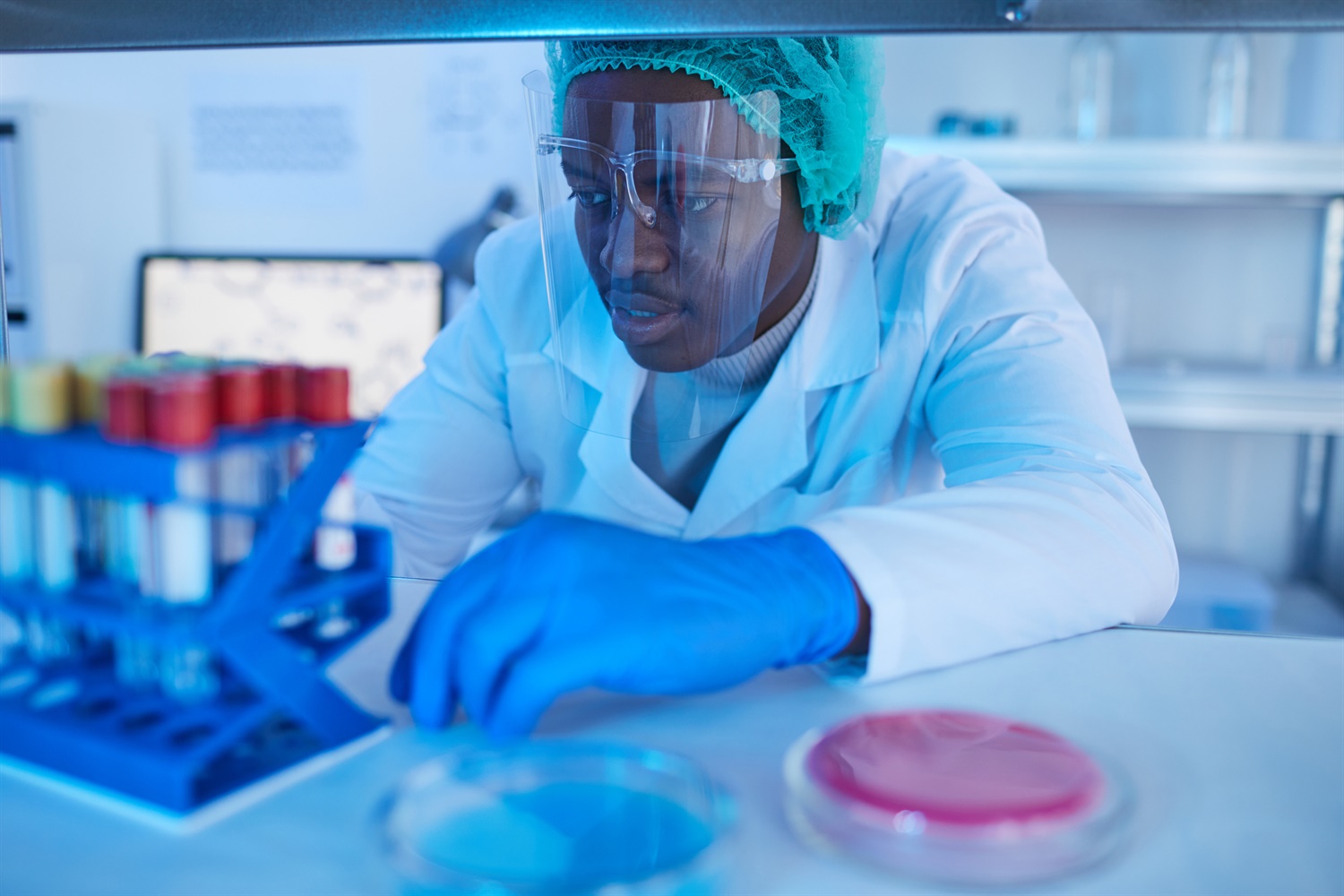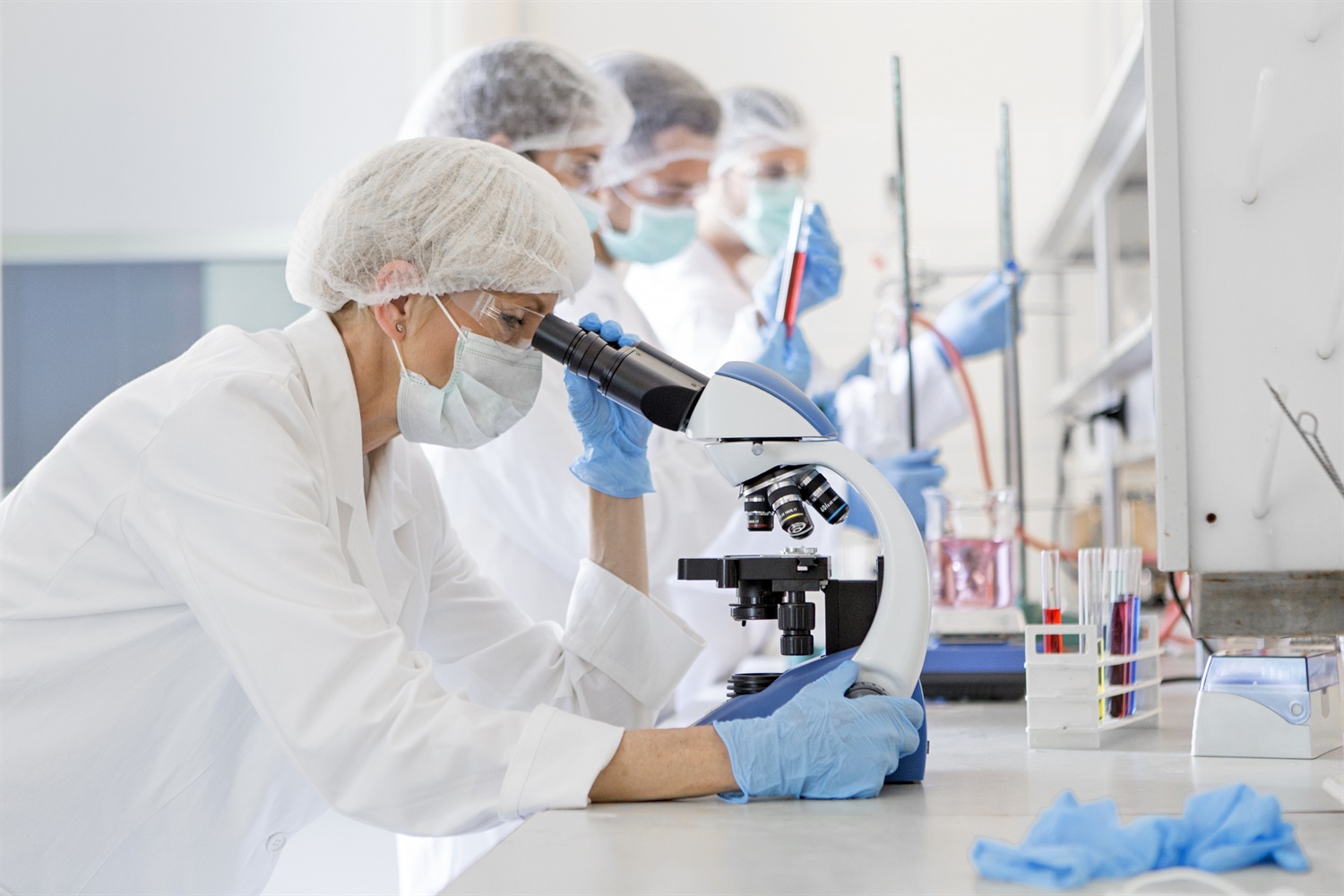28.08.20
UKRI grants £8.4m funding to new UK-wide immunology studies
Three new UK-wide studies aimed at improving the treatment of patients and informing the development of vaccines and therapies have been awarded £8.4m funding from UK Research and Innovation (UKRI) and the National Institute for Health Research (NIHR).
Bringing together leading immunologists from 17 research institutions, the studies will aim to develop better tests to define immunity, study the body’s immune response to coronavirus and to understand why some people suffer severe and life-threatening cases of Covid-19 while others have mild or asymptomatic infections but can still transmit the virus.
Crucially, these studies will determine when and how immunity persists and whether reinfection is possible.
Chief Medical Officer for England and Head of the NIHR Professor Chris Whitty said: “Understanding how our immune systems respond to Covid-19 is key to solving some of the important questions about this new disease, including whether those who have had the disease develop immunity and how long this lasts, and why some are more severely affected.
“This investment by the NIHR and UKRI will help immunology experts to discover how our immune systems respond to SARS-CoV-2, including our T cell response. This is vital information to help prevent and treat the disease.”
Executive Chair of the Medical Research Council, part of UKRI, Fiona Watt added: “The UK is funding a collaboration of world-leading immunologists to investigate the major unanswered questions related to coronavirus immunity.
“Finding out more about the immune response to Covid-19 will be key to developing better treatments and vaccines and improving public health strategies.”

As part of the funding awards, the UK Coronavirus Immunology Consortium (UK-CIC) will receive £6.5m in funding, bringing together many of these leading immunologists to investigate a number of key questions:
- How long does immunity from Covid-19 last?
- Why are some people’s immune systems better able to fight off the virus?
- Why do some people’s immune responses cause damage, especially to the lungs?
- How does the virus ‘hide from’ the immune system and how can this be tackled?
- Does immunity to previous infection with seasonal coronaviruses (which cause the common cold) alter a person’s outcome with SARS-CoV-2?
Developing a better understanding of these immune responses, particularly T cell response, could provide targets for new therapies to treat Covid-19 and inform vaccine development efforts.
Samples and data from major UK coronavirus projects already underway and funded by UKRI and NIHR, including the ISARIC-4C, COG-UK and GenOMICC studies, will be utilised by the researchers.
The University of Birmingham’s Professor Paul Moss, who is leading the consortium, said: “Understanding the complexities of the immune response is key to successfully developing new diagnostics, treatments and vaccines against Covid-19.
“The UK Coronavirus Immunology Consortium will see the UK immunology community come together in an unprecedented way to answer questions that are crucial in helping us control this pandemic, such as how effective immunity is developed and why individuals respond differently to the disease.
“The UK is a world leader in immunology research and it’s an honour to lead this consortium to deliver a co-ordinated and agile national research programme to build our knowledge of this disease, which will translate into meaningful benefit for patients. There is so much that we still need to learn about how the novel coronavirus interacts with our immune systems and, with this investment, we have a unique opportunity to answer these key questions and hasten effective pandemic control.”

Elsewhere, the Humoral Immune Correlates of Covid-19 (HICC) consortium is also set to receive £1.5m funding from UKRI to study the humoral immune response - molecules produced by the immune system to fight infection, including antibodies - by focusing on two cohorts: NHS workers and hospitalised patients.
As part of the study, the researchers have set out to better understand the differences between beneficial - or protective - antibody responses versus those that cause disease. This will help to determine why early indications suggest that people with stronger antibody responses may have had more life-threatening disease and what types of antibody responses are more effective in preventing severe infection.
The consortium is a collaboration being led by Professor Wilhelm Schwaeble and Professor Jonathan Heeney at the University of Cambridge and Dr Helen Baxendale at Royal Papworth Hospital NHS Foundation Trust.

The third study to receive funding is set to focus on the key features of fatal Covid-19 and the impact the virus has upon the lungs and other vital organs, as part of a project titled ‘Inflammation in Covid-19: Exploration of Critical Aspects of Pathogenesis’ (ICECAP).
Led by Dr Christopher Lucas at the University of Edinburgh, it is set to receive £394k in funding.
The study will utilise authorised hospital post-mortem examinations of patients who have died from Covid-19 to provide a unique opportunity for expert clinicians and scientists to study the whole body in a level of detail not possible during life.
Samples of tissue will be collected and analysed during these examinations, allowing researchers to collect crucial information on the presence of Covid-19 in multiple organs across the body and gain a more in-depth understanding of how the body’s immune system is responding to the virus.